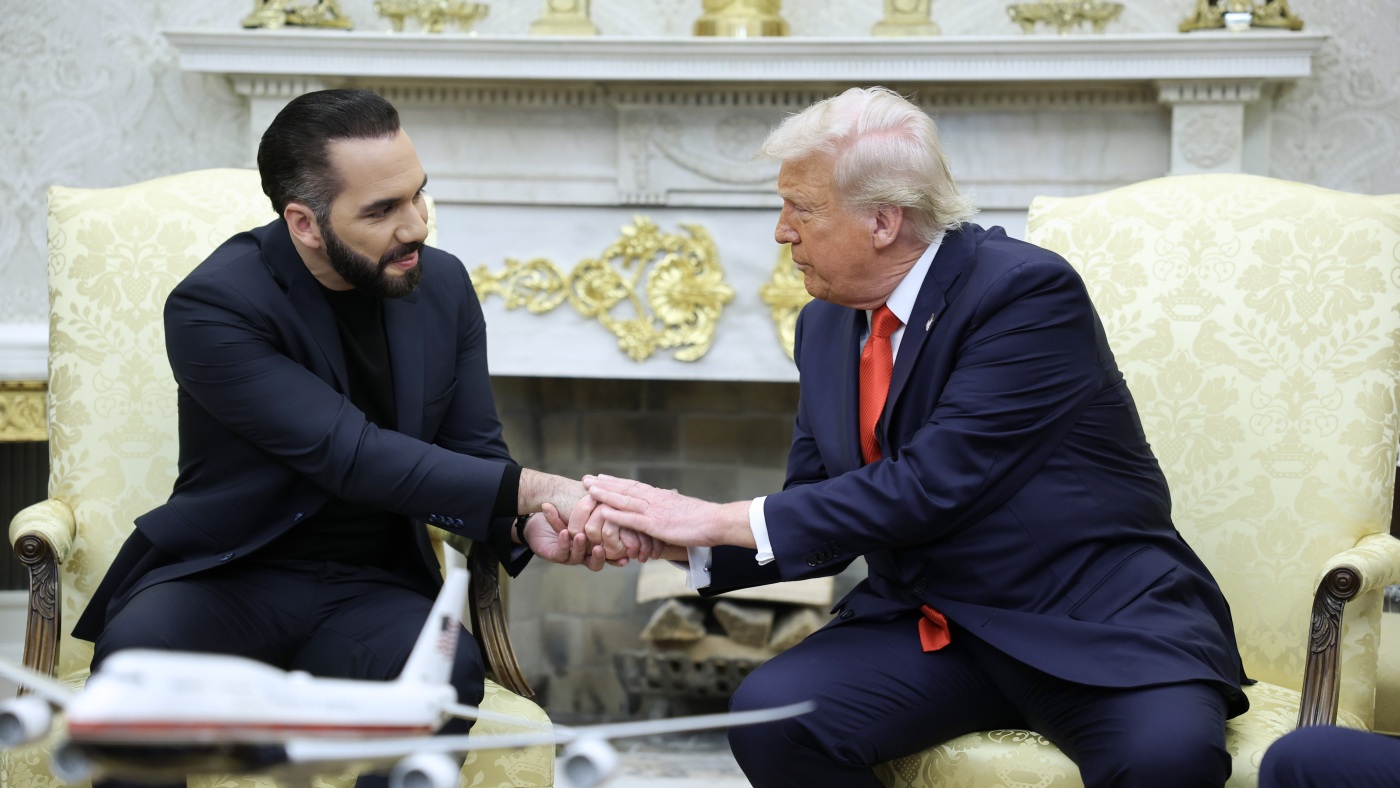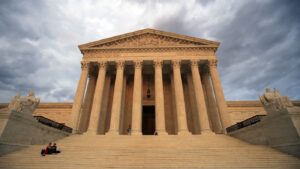Controversy Surrounds the Deportation of Kilmar Armando Abrego Garcia
An unexpected twist in the deportation case of Kilmar Armando Abrego Garcia has raised questions about the actions of U.S. government officials. The federal judge in Maryland is questioning if there is any “bad faith” at play regarding his deportation to El Salvador, where he is currently held in a notorious prison.
Judge Paula Xinis has initiated a rapid “expedited discovery” process, demanding sworn testimonies from government officials to assess the efforts made to return Abrego Garcia to the United States. The Salvadoran citizen, who lived in Maryland for 15 years, was deported despite being protected by an immigration judge’s order.
Currently detained in the CECOT prison under President Nayib Bukele’s administration, Abrego Garcia’s fate remains uncertain. The Supreme Court has instructed the Trump administration to aid in his return, yet challenges persist. “It is a fact now, of this record: every day he is detained in CECOT is a day of irreparable harm,” noted Xinis during the hearing.
In a week-long timeframe, the Justice Department and Abrego Garcia’s legal team will question key officials, including Joseph Mazzara from the Department of Homeland Security and Robert Cerna from Immigration and Customs Enforcement. This marks the first legal proceeding since President Bukele’s meeting with President Trump, where Bukele denied plans to “smuggle a terrorist into the United States.”
Abrego Garcia has been accused by the U.S. government of being affiliated with MS-13, labeled a Foreign Terrorist Organization by the Trump administration. However, his legal team disputes this claim, arguing his clean criminal record. They assert the government should have requested his release from El Salvador.
The Department of Homeland Security expressed readiness to bring Abrego Garcia back, provided he appears at a U.S. port of entry. However, upon arrival, he would face detention and possible removal to a third country.
Oval Office Discussions
At a recent press conference, the Justice Department highlighted the issue being addressed at “the highest level,” referencing a transcript from a White House meeting. Judge Xinis, however, found these references inadequate in addressing the court’s concerns.
Karoline Leavitt, White House Press Secretary, maintained that all actions by the administration were legally compliant, stressing alignment with court directives.
El Salvador’s Stance
The U.S. Supreme Court’s recent decision reinforced the need for Abrego Garcia’s return, emphasizing deference to the Executive Branch in foreign affairs. Yet, officials suggest the decision ultimately lies with El Salvador’s President Bukele.
Attorney General Pam Bondi indicated that if El Salvador opted to return him, the U.S. would assist. Still, Bukele claimed his lack of authority to facilitate such a return.
The deportation, attributed to an administrative error, occurred despite a 2019 court ruling granting Abrego Garcia protection from removal to El Salvador. His legal status allowed him to work in the U.S., with a consistently renewed permit.





